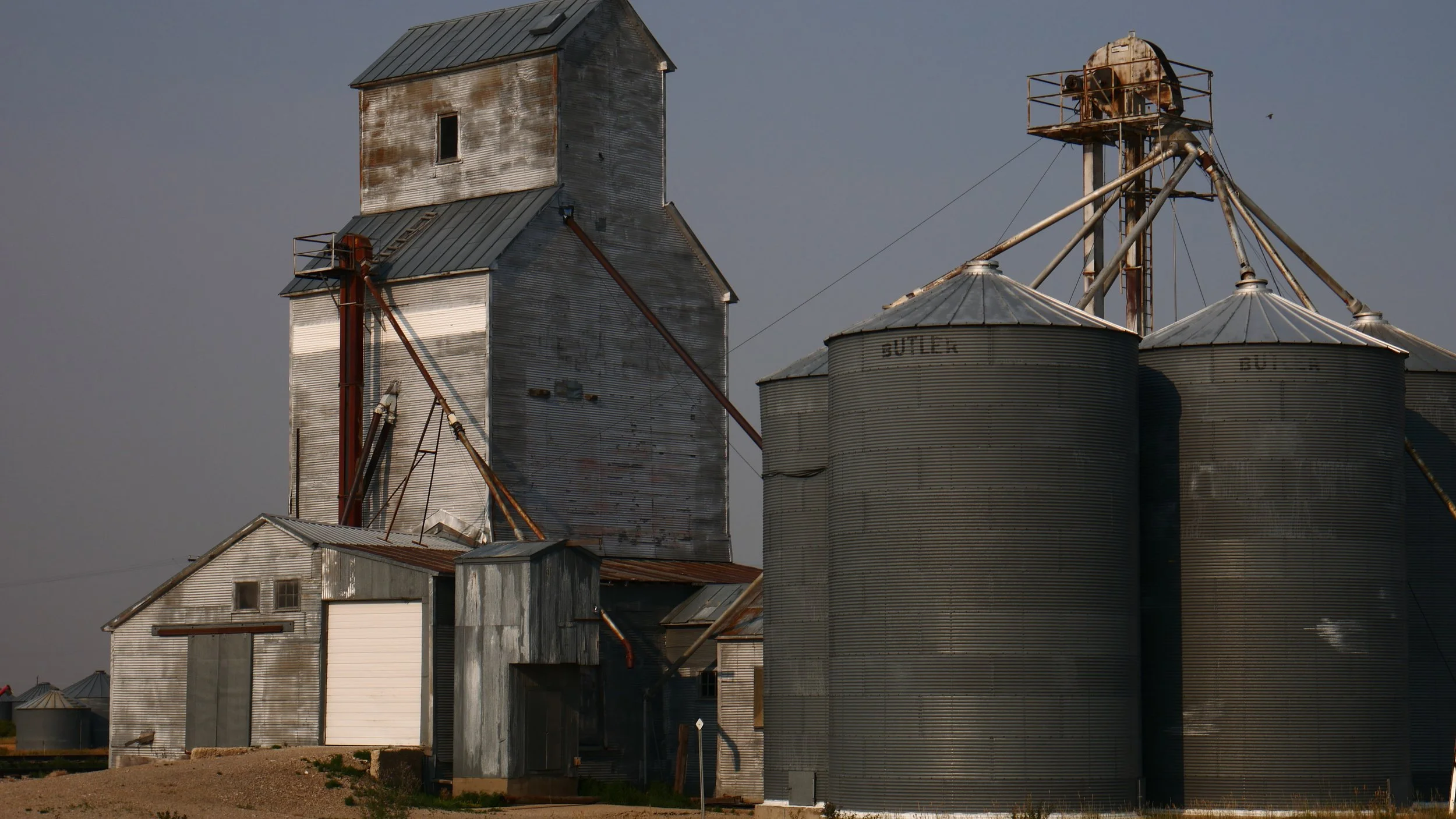Andrew Grace
Ones, Shook
after Mobb Deep
When I have fears that I might not live
as long as my father did
who died at 52
underneath his own truck
in the machine shed on the farm,
I try to focus on those I’ve already outlived.
Albert Ayler. Jesus. Roberto Clemente.
DJ Screw. All of the Bronte sisters.
Plath too, whose father died when she was 8,
as did John Keats’,
killed by his own horse.
Prodigy of Mobb Deep died at 42.
He often bragged about having no feelings.
I have too many. I’m shaken
by the sight of a heron out of season,
by having to make telephone calls
and really any interaction
with others, by the memory of taking sandwiches
in the dark to my father in a tractor
because he didn’t want to stop harvesting.
I don’t want to outlive him
as some sort of victory.
The perfect world is not the one without death.
It’s one in which you know it’s coming
and bother to keep your whole body
laced up as if in a bodice
others must cinch behind you
until it hurts
so you can cherish for as long as possible
the work of keeping it together.
Will
I leave you the gaunt cow.
I leave you the drowned oats and no insurance.
I live in the latter age of the riots of prairie.
I leave you the cow that burned Chicago.
I want to get this straight.
I have never forgotten a single thing in my life.
I am the champion of scorched pans and cigarette smoke, the Whitman of Astroturf.
I leave you the cow that brained Hank Pfeffer.
I live where the used-to-be trees are worked over by a doubleness of crows.
I leave you capitulations of tractors without a shed.
I grow old in a house of dereliction: my microwave sparks like knocked flint and the radiator recites the Old Testament.
I pitchfork fodder in a barn vexed with toxins.
I leave you pig iron.
I leave you the green sky before the derecho.
I leave you the white cow of the Resurrection.
I live where I cannot see another house, just the rumor of its lunatic rooster.
I leave you light like a nail in the head.
I leave you light like nettles whorled into a nest.
I haven’t left my homestead since before rust wrote its autobiography in blistered Braille across the water heater.
I leave you the asthma of the wet crow.
I live where a fugitive grapevine oozes its sugar onto the clotted dust.
I leave you the cow with eyes like the electrodes of a twelve-volt battery.
I am all honey and gristle.
I watch the grass luxuriate in its broth of chlorophyll.
They said my eyes could spook the yard bald.
I live where the silo is a prison.
I leave you the cow of freedom.
The drought is here.
I pour my shadow across the earth to slake its thirst.
Andrew Grace is the author of A Belonging Field (Salt Publishing), Shadeland (Ohio State University Press) and SANCTA (Ahsahta/Foundlings). His work has appeared in the New Yorker, Poetry, Boston Review and New Criterion. A former Stegner Fellow at Stanford, he is a Senior Editor at the Kenyon Review and teaches at Kenyon College. His fourth collection A Brief History of the Midwest is recently out from Black Lawrence Press.
Artwork: “Harvest” by Daniel Lurie
Digital

